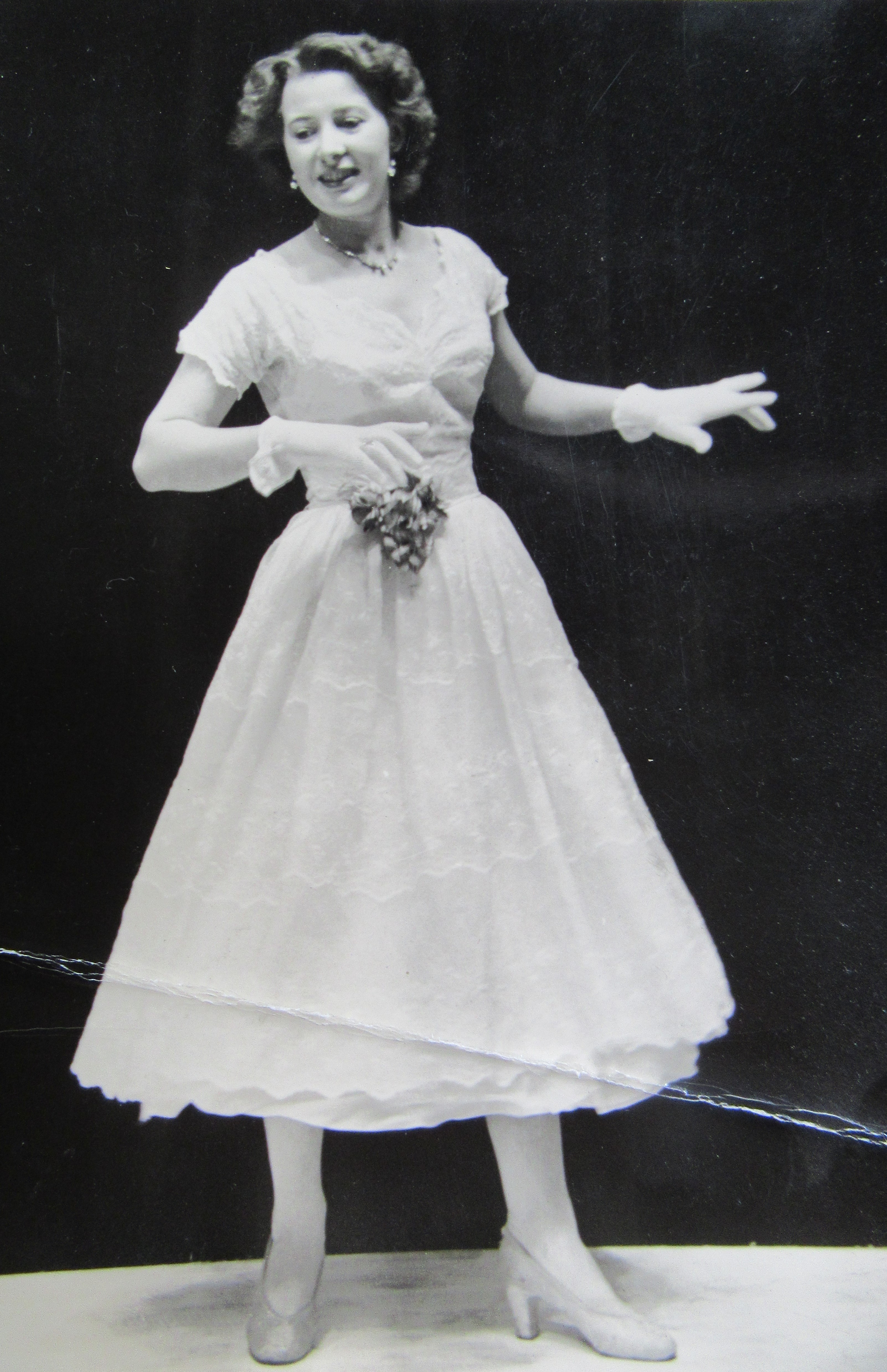
Girls should be seen and not heard? You’ve got to be kidding. Such a sentiment today seems ludicrous but as you will see in Darlene’s story, in 1950 it was a real belief system with insidious and strangling tentacles.
Darlene was always excited when her Aunt Betty was coming for a visit. Aunt Betty was her favourite aunt who played games with Darlene and her siblings, and listened attentively to their stories and chatter. But this visit was going to be different. Aunt Betty’s new husband George was coming with her.
During the Sunday morning family breakfast, Darlene’s mother cautioned them on how to behave. “So when Aunt Betty and your new Uncle George come, I want you to use your best manners. Martin, you will play a couple of your favourite piano pieces when you are asked. Girls, I want you to be on your best behaviour. Remember, girls are to be seen and not heard.”
Having always felt nurtured and supported as a valued child and family member, Darlene was devastated to learn that simply because she was a girl, in order to be accepted by the adult world, she must be seen and not heard. She spent many difficult years trying to internalize that era’s set of life role instructions for women: To always serve and help out, to appear neat, poised and well-behaved at all times. To limit thinking for oneself and accept that it was more important to please others than to please oneself. Life was a matter of learning and obeying the rules and those who obeyed them won.
More than half a century later, with several rewarding careers and two loving new generations in her own family, Darlene sees herself as strong, independent, resilient and self-determined – not exactly the 1950’s recipe for a woman’s role. She often thinks gratefully of peers, teachers, role-models and particularly coaches who helped her re-examine her belief system to pinpoint beliefs such as those described above that were holding her back and to replace them with new beliefs that opened the way to achieving her potential.
Cultural norms about the roles of girls and women have changed over the years. But it is still important to listen closely to the messages being whispered in belief systems and to hear where they still need to be dragged into the light of day and re-examined to see if they are serving both individuals and society as they should. What beliefs and messages did you hear as you were growing up? We’re interested in hearing your story. Please comment.


